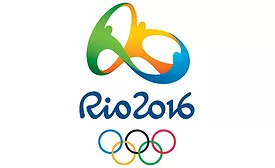Home » Olympics Security
Articles Tagged with ''Olympics Security''
FBI asks athletes to use burner phones during Beijing Winter Olympics
Best practices to minimize cybersecurity risks
February 2, 2022
Sign-up to receive top management & result-driven techniques in the industry.
Join over 20,000+ industry leaders who receive our premium content.
SIGN UP TODAY!Copyright ©2026. All Rights Reserved BNP Media.
Design, CMS, Hosting & Web Development :: ePublishing




